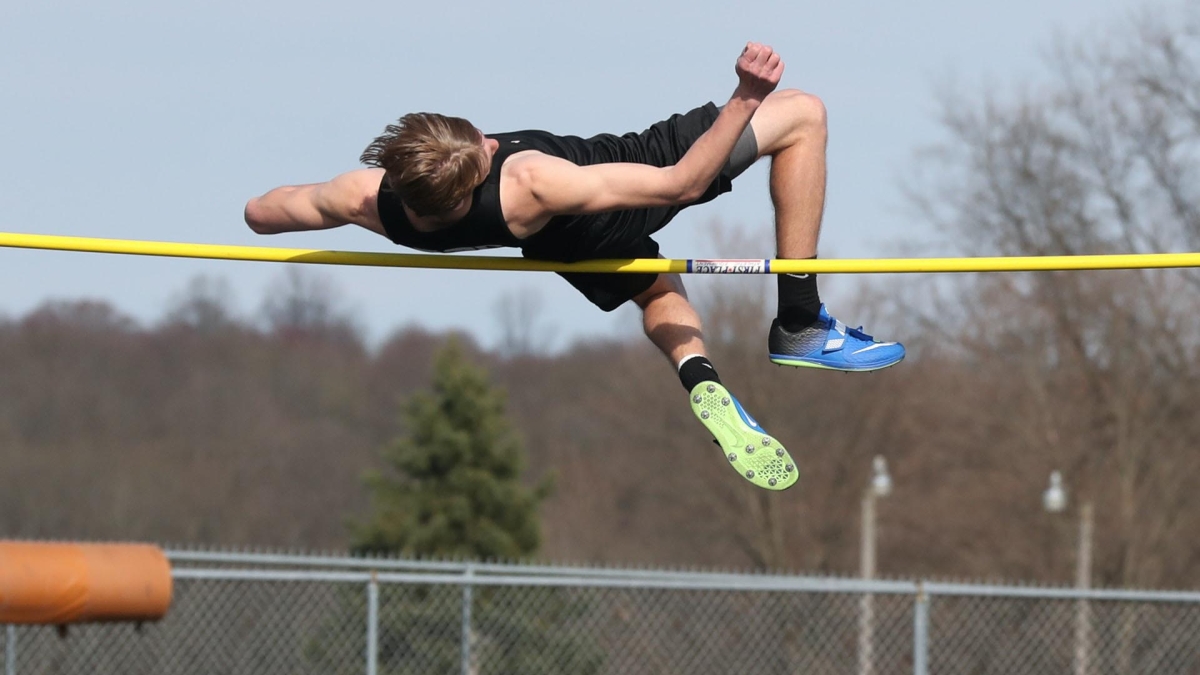In October 1968, Dick Fosbury used a high school trick to win a gold medal in the Olympic high jump. To increase his speed and efficiently clear the bar, he arched his back over the bar back-of-the-head-first toward the mat, a technique that came to be known as the “Fosbury Flop” and the standard practice for elite high-jumpers.
The technique required athletes to turn their backs to the bar, taking a counterintuitive approach to succeed as high-jumpers. Like the Fosbury Flop, the sports, cultures and ethics certificate at Arizona State University requires students to take a counterintuitive approach to sports; it challenges them to learn stories of the past and present and understand the cultural and ethical issues that inhabit the sports industry.
“The certificate shows potential employers that an ASU graduate knows how to think critically about sport and society issues; can speak to social, cultural and ethical issues in sports; and will step up and share expertise in key areas that sports companies like to emphasize: diversity, equity and inclusion; social embeddedness; cultural empathy and understanding,” said Victoria Jackson, ASU sports historian and former professional athlete who helped develop the program.
One example of how sports and society issues collide is found in the World AthleticsWorld Athletics was formerly known as the International Association of Athletics Federations. The name change was approved in October 2019. sports federation. This governing body for track and field sets regulations in female sports categories that require women with elevated testosterone levels to artificially modify their bodies in order to be eligible for competition.
The necessity for artificial modification brings into question the constructed binary of two sex categories. People can look to the humanities to understand how biological sex, gender identity and gender expression can be part of the conversation, reflecting on how similar societal expectations might impact a girl who is treated differently because she doesn’t fit the mold of societal gender norms.
The sports, cultures and ethics certificate prepares students to understand concepts such as this and apply them in the real world as leaders, humanists and critical thinkers in the sports industry.
This new way of thinking is something that Jackson describes as “untapped potential.”
“In elite sports, we’re trained to put up our blinders and turn off our critical-thinking caps to best serve us in the mission to maximize and optimize our athletic performances. We are trained in a culture that tells us that excellence and winning come when we have a singular focus and turn off distractions,” said Jackson.
“But this goes against our training as historians and in the humanities — only when we approach a subject by considering all its proper contexts, complications and nuances do we come closest to gaining the truest understanding of that subject.”
The humanities teach students to research multiple perspectives in order to create innovative solutions to problems that impact the human experience. Skills in writing, researching and empathizing developed in the humanities can transfer to any career path.
The “Fosbury Flop” was an innovation that changed the game for high-jumpers. Likewise, the sports, cultures and ethics certificate aims to help students change the game as advocates for diversity, inclusion and compassion and as well-rounded professionals in the sports industry.
“The more we cast wide nets and pull from adjacent and even seemingly unrelated fields, the better equipped we are to see things others might not,” said Jackson.
“That is where true discovery and innovation happens — in these counterintuitive, unsuspected places.”
Learn more about the sports, cultures and ethics certificate, within The College of Liberal Arts and Sciences.
More Law, journalism and politics
Can elections results be counted quickly yet reliably?
Election results that are released as quickly as the public demands but are reliable enough to earn wide acceptance may not…
Spring break trip to Hawaiʻi provides insight into Indigenous law
A group of Arizona State University law students spent a week in Hawaiʻi for spring break. And while they did take in some of the…

LA journalists and officials gather to connect and salute fire coverage
Recognition of Los Angeles-area media coverage of the region’s January wildfires was the primary message as hundreds gathered at…


